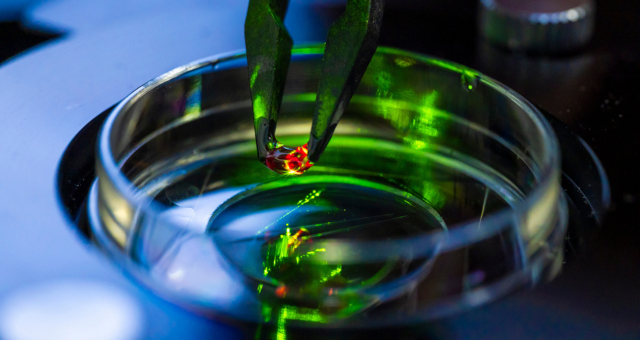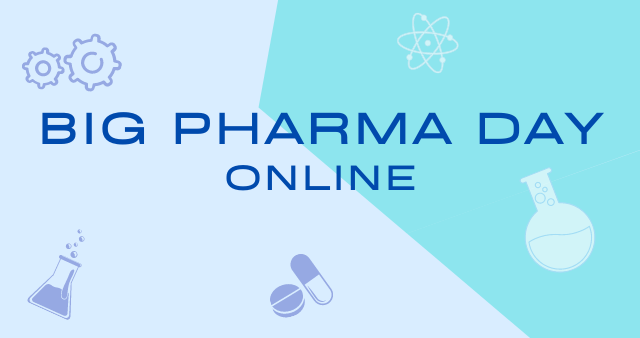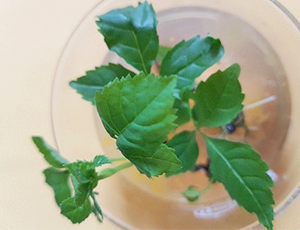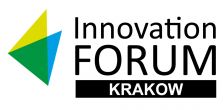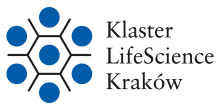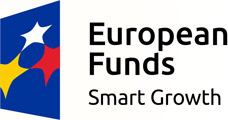search innovation

New drug candidate for the treatment of organ fibrosis
keywords: drug, fibrosis, fibrotic disease, extracellular vesicles, EVs, hypoxia, induced pluripotent stem cells, iPSCs, organ fibrosis
offer number: 567
Fibrosis is a progressive condition associated with excessive production of extracellular matrix (ECM) proteins that accumulate in the tissue, causing it to stiffen. As a result, the functioning of the entire organ is impaired. These diseases can affect various organs, including the heart, lungs, pancreas and liver. It is estimated that fibrotic diseases are responsible for about 45% of all deaths worldwide.
To date, no effective cure for fibrotic disease has been developed. Current treatments are based on eliminating the cause that induces chronic inflammation (e.g. in pancreatitis or treating hypertriglyceridemia; treating chronic hepatitis B or C), using, for example, corticosteroids and drugs that suppress the immune system, or even resection of part or the entire organ affected by fibrosis.
Extracellular Vesicles (EVs) are nanometer-sized vesicles secreted by essentially all types of cells. Their role is to transmit biological information between cells. Moreover, with their ability to carry bioactive molecules such as proteins, lipids and various RNA molecules, they can influence the phenotype and properties of other cells. Owing to their functionality, biocompatibility and efficiency in delivering components to target cells, EVs are increasingly being considered as next-generation therapeutics for the treatment of human diseases.
Taking advantage of this natural intercellular communication pathway of EVs, JU’s researchers have developed an innovative new invention for use in the treatment of organ fibrosis.
The features of the invention:
- a new drug formulation of EVs derived from induced pluripotent stem cells (iPSCs) cultured under physiological hypoxia (5% O2);
- a new method for obtaining iPS-EVs and their application for use in the treatment of organ fibrosis;
- possibility of using iPS-EVs as a formulation in saline solution or in combination with hyaluronan hydrogel for prolonged release of EVs;
- established universal mechanism of iPS-EVs inhibition of fibrosis of various organs;
- confirmed in several selected in vitro models of tissue fibrosis (lung fibroblasts, liver and pancreatic stellate cells) and effective inhibition of fibrosis in an in vivo model of cardiac fibrosis.
The offered invention is the subject of a patent application. Further research and development of the invention are continued at the Faculty of Biochemistry, Biophysics and Biotechnology and Malopolska Centre of Biotechnology of the Jagiellonian University, and the Faculty of Medicine of the Jagiellonian University Medical College. Currently, the Centre for Technology Transfer CITTRU is looking for entities interested in commercial application of the invention.

commercial utility:
Application: for the treatment of fibrosis in various organs
Potential drug: developed from extracellular vesicles produced by human stem cells cultured under physiological hypoxia
Application: for the treatment of fibrosis in various organs
field of science: biochemistry, biology, medical biology, medicine, pharmaceutical science, health sciences, biotechnology
forms of protection: patent application
technological maturity: demanding R & D
property rights: Jagiellonian University
variants of cooperation: license, consulting, comercial contract research
information / broker of Jagiellonian University

name and surname: Klaudia Polakowska, PhD
phone number: +48 519 329 129
email: klaudia.polakowska@uj.edu.pl

